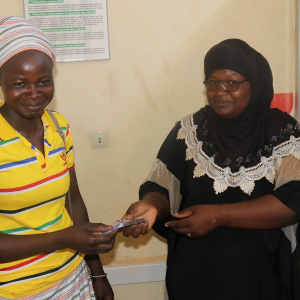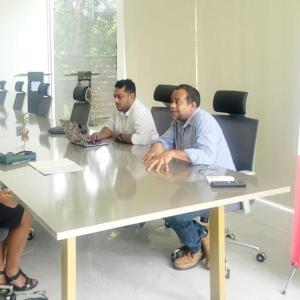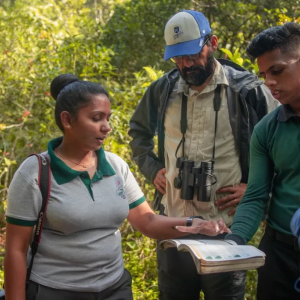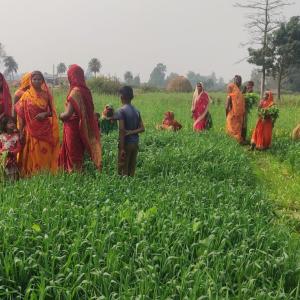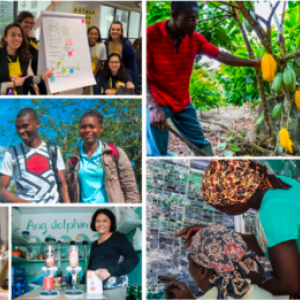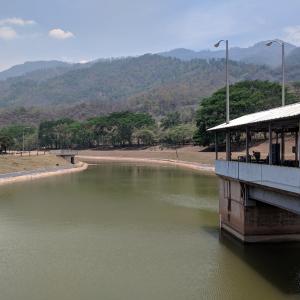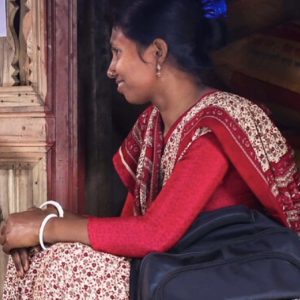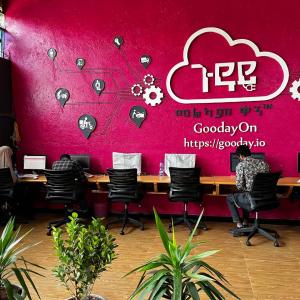Blog
Browse recent blogs of interest to the Marketlinks community. Use the search box or the filters on the left-hand side to refine the listing of blogs by keyword, topic, and/or region/country.
Society Development Committee, or SDC, based in Faridpur, Bangladesh, is a microfinance partner of the Feed the Future Bangladesh Livestock and Nutrition Activity, funded by USAID and implemented by ACDI/VOCA. Through this partnership, thousands of people working in Bangladesh’s livestock sector have benefited from microfinance products.



